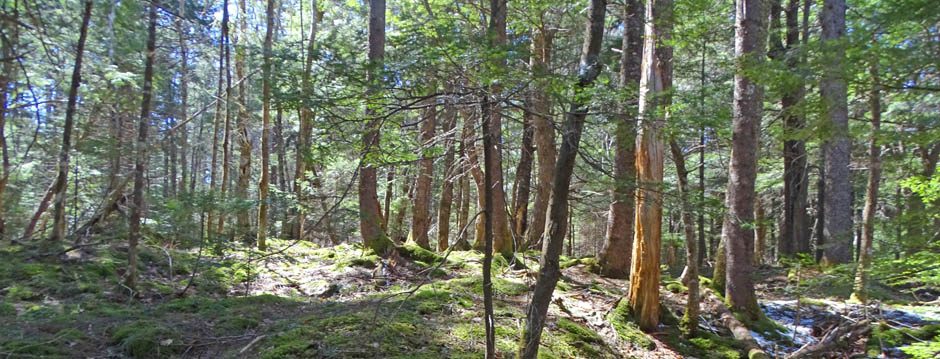 We’ve reached a fork in the fertilizer road: Which path keeps food cheap and the world cool?
We’ve reached a fork in the fertilizer road: Which path keeps food cheap and the world cool?
By Mark Harris May 21, 2023 in www.anthropocenemagazine.org/. “More (but greener) fertilizer or less fertilizer (and less meat)?… Less Fertilizer (And Less Meat) Is The Right Path”
To protect forests, sequester carbon, and produce protein, consider mushrooms on trees
by Emma Bryce | Mar 17, 2023 in www.anthropocenemagazine.org/. “Researchers have proposed an unusual agricultural solution that could meet the protein needs of millions of people, while actively sequestering large amounts of carbon: grow mushrooms in amongst the roots of trees. This is an emerging practice called mycoforestry,…”
No-till may not be the agricultural panacea we thought it was
By Emma Bryce August 5, 2022 in www.anthropocenemagazine.org/
Forests might not be the climate saviors we are counting on
By Warren Cornwall May 18, 2022 “New research suggests trees in the future won’t get a big growth spurt from more CO2, and will die more in wildfires, droughts and insect outbreaks.”
The Lost Forest Gardens of Europe
Max Paschall, Jul 22, 2020 on www.shelterwoodforestfarm.com
CONTENTS
- People of the Hazel: Europe’s indigenous cultures return after the glaciers retreat, bringing their most cherished tree with them
- The Continent-Wide Orchard: Mesolithic people create Europe’s post-glacial ecosystems as vast forest gardens
- A Changing Climate: millennia of drastic fluctuations in the climate lead to the creation and spread of grain-based agriculture
- Strength in Diversity: early farmers innovate resilient crop mixes and companion planting to guard against climate change
- Hybrid Cultures: Europe’s new creolized societies mix the best of hunter-gatherer and farmer cultures, practices, livestock, and crops to create entirely new ways to grow food
- The Domesticated Forest Garden: farmers in the Mediterranean adapt their region’s hunter-gatherer forest gardens into diverse multi-story farms, creating resilient agricultural forests of domesticated crops that exist to this day
- Towards a New Culture: imperialist monoculture farming systems take precedence in Europe, but the indigenous forest garden methods survive in the margins. These ancient methods are nearly forgotten, but they can provide a framework for rethinking the way we live and grow food in a changing climate.
